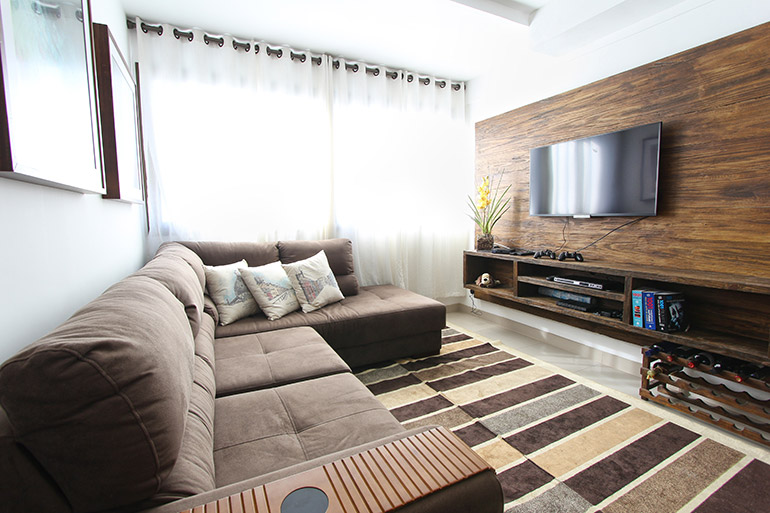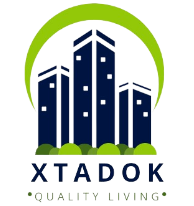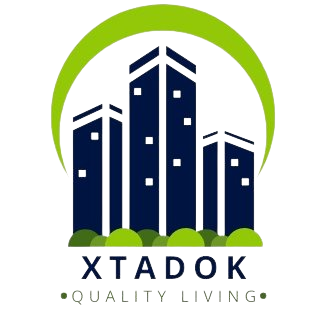The world is rapidly evolving, and so is the real estate industry. As technology advances, smart homes are becoming an integral part of the modern living experience. The concept of smart homes involves the integration of cutting-edge technologies to enhance comfort, security, energy efficiency, and overall convenience for homeowners. In this blog post, we will explore the exciting possibilities that smart homes offer and how technology integration is revolutionizing the real estate landscape.
Enhanced Connectivity and Convenience
Smart homes bring together various devices and appliances under a single interconnected ecosystem. Homeowners can control lighting, temperature, security systems, and even household appliances remotely through their smartphones or voice-activated assistants. This level of connectivity empowers residents with unprecedented convenience and simplifies daily tasks, making living in these homes a seamless and enjoyable experience.
Energy Efficiency and Sustainability
Technology integration in smart homes goes beyond convenience; it also addresses environmental concerns. Energy-efficient appliances, smart thermostats, and automated lighting systems work in tandem to optimize energy consumption and reduce wastage. By monitoring and adjusting energy usage in real-time, smart homes contribute to sustainability efforts and help homeowners save on energy bills.

Advanced Security and Safety Features
Security is a top priority for homeowners, and smart homes provide cutting-edge solutions to address these concerns. Integrated security systems, including smart locks, video doorbells, and surveillance cameras, offer enhanced protection against intruders. Additionally, smart smoke detectors and leak sensors provide early warnings, mitigating potential risks and ensuring the safety of residents.
Personalization and Adaptability
Smart homes are designed to adapt to the needs and preferences of their occupants. Home automation systems learn from residents’ habits and adjust settings accordingly, creating a personalized living environment. Whether it’s setting the ideal room temperature before arriving home or automating the morning routine, smart homes cater to individual lifestyles, adding a sense of comfort and luxury.
Increased Property Value and Market Appeal
As technology becomes an integral part of daily life, smart homes are gaining significant popularity in the real estate market. Properties equipped with advanced technology features have a competitive edge over traditional homes, attracting tech-savvy buyers. Consequently, smart home integration can significantly increase the property’s value and resale potential.
Conclusion
Smart homes and technology integration are reshaping the real estate industry, offering a glimpse into the future of modern living. With increased convenience, energy efficiency, security, and personalization, smart homes are more than just a trend; they are a practical investment for homeowners seeking to adapt to the fast-paced digital era. As technology continues to advance, the potential for smart homes to transform the way we live and interact with our living spaces is truly limitless. Embracing this technological revolution will undoubtedly pave the way for a brighter and smarter future in real estate.




